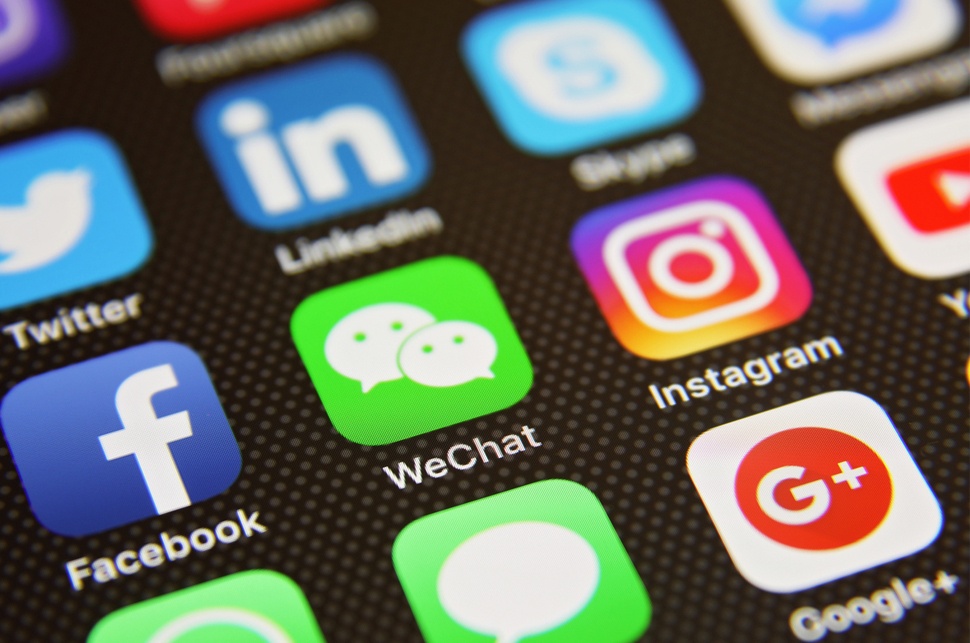Look around you and point out anything specific that isn’t “Made in China”. It would be a tough task to do, as China has taken control of the e-commerce market and has left no specific field untouched. If we really gaze around, we would be astonished to find ourselves stacked between all sorts of Chinese products. The answer is simple- China dominates the world in e-commerce and the e-commerce transactions taking place in China at present accounts to more than 40% of the world, which is up from only 1% about ten years back (as per reports of Azoya consulting).

From Alibaba Group to Tencent and JD, you name any local Chinese tech company and you would find them dominating a rapidly growing e-commerce ecosystem, particularly within China. So, what drives this trend? There are multiple factors that make China excel in whatever it does. We are here to look towards the broader picture of the e-commerce that has touched the bar with the entry of WeChat into the luxury social e-commerce.
WeChat has launched an ‘app within an app’ known as the Mini Program which has gotten the users hooked on to it since its release in January 2017. Opened by an average user four times a day, a Mini Program has managed to occupy 230 million Daily Active Users (DAUs). It is a closed system though but gives 60 different ways to access a Mini Program out of which 34 percent of users access happens through WeChat friends, thereby making everything on WeChat social.
With half of the users being under 30 years of age and dominated by women and Chinese millennial, there is a huge prospect for the luxury brands to target them at one source point efficiently and effectively.
You can call it a channel for consumers to seek out all relevant information about any brand. It can be an ideal source to browse products, campaigns, live chat with any customer representative and also quickly check out with WeChat Pay. The purpose served by the official Facebook page of a brand is similar to what a Mini Program offers and it is the apt platform to sell in that matter.
Not just this, luxury brands can bank upon WeChat to have a sense of control by getting empowered to design their own campaigns, visuals and product assortments. Working just like Little Red Book, but for YSL products only, a Mini Program allows users to share their selfies showcasing YSL products and earn reward points in return. These points can be redeemed for discounts and any product if liked from the images can be purchased within WeChat itself.

Besides these, it offers personalization, separate storage folders for e-cards on WeChat wallet and QR code to access content relevant to products. Many brands are churning up their business through AI-powered WeChat customer service that helps them answer common queries promptly and also suggest products to consumers.
With a gamut of services under its ambit, WeChat is truly emerging as a strong common point platform for luxury brands and fashion products to catch the attention of consumers who spend a good portion of their time here. With mobile commerce, social commerce and entertainment all merging into one, the millennial consumers are getting all they want at one place served. The future of commerce is here and brands are sure to up their games to prove their mettle.

